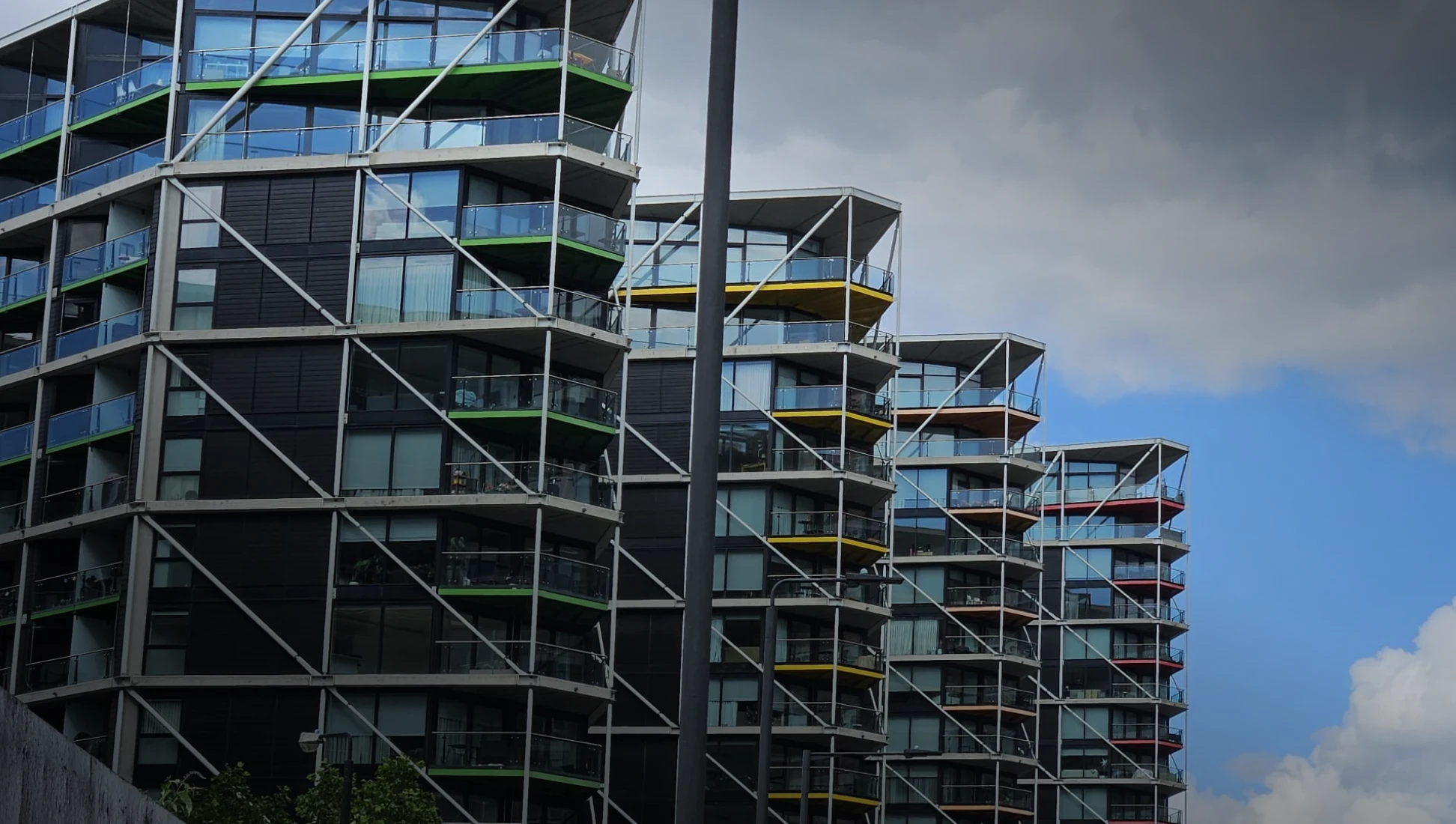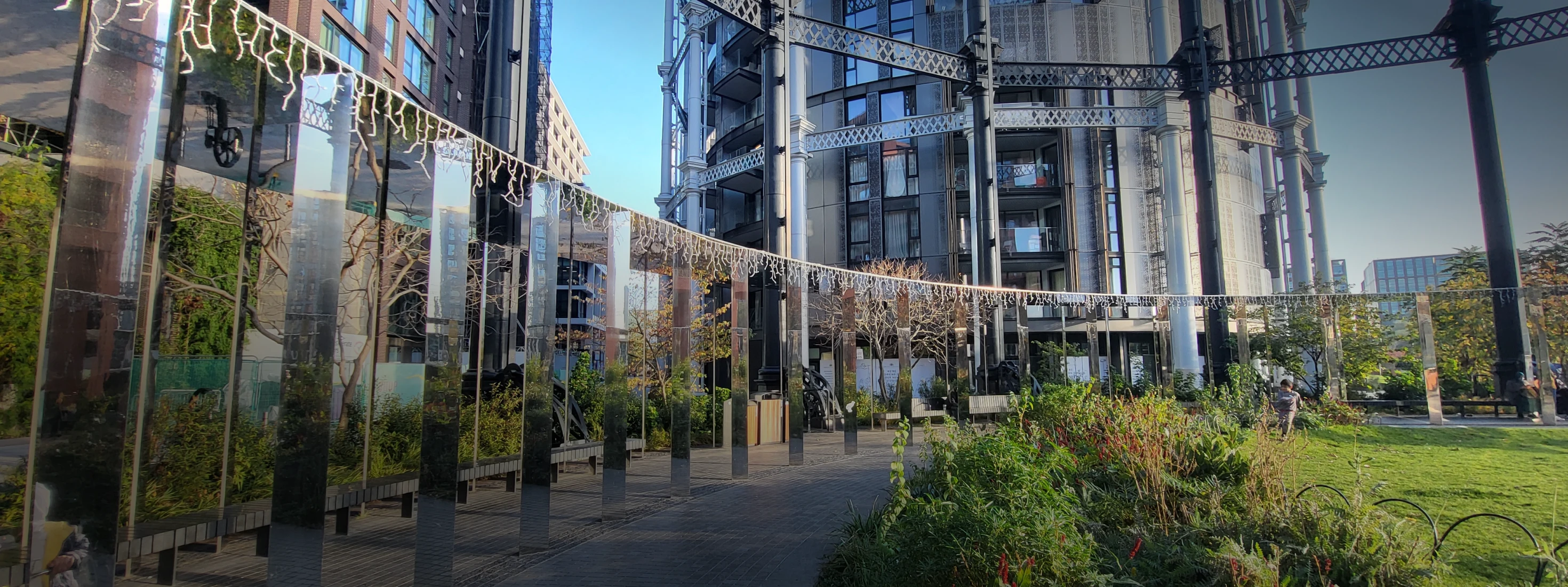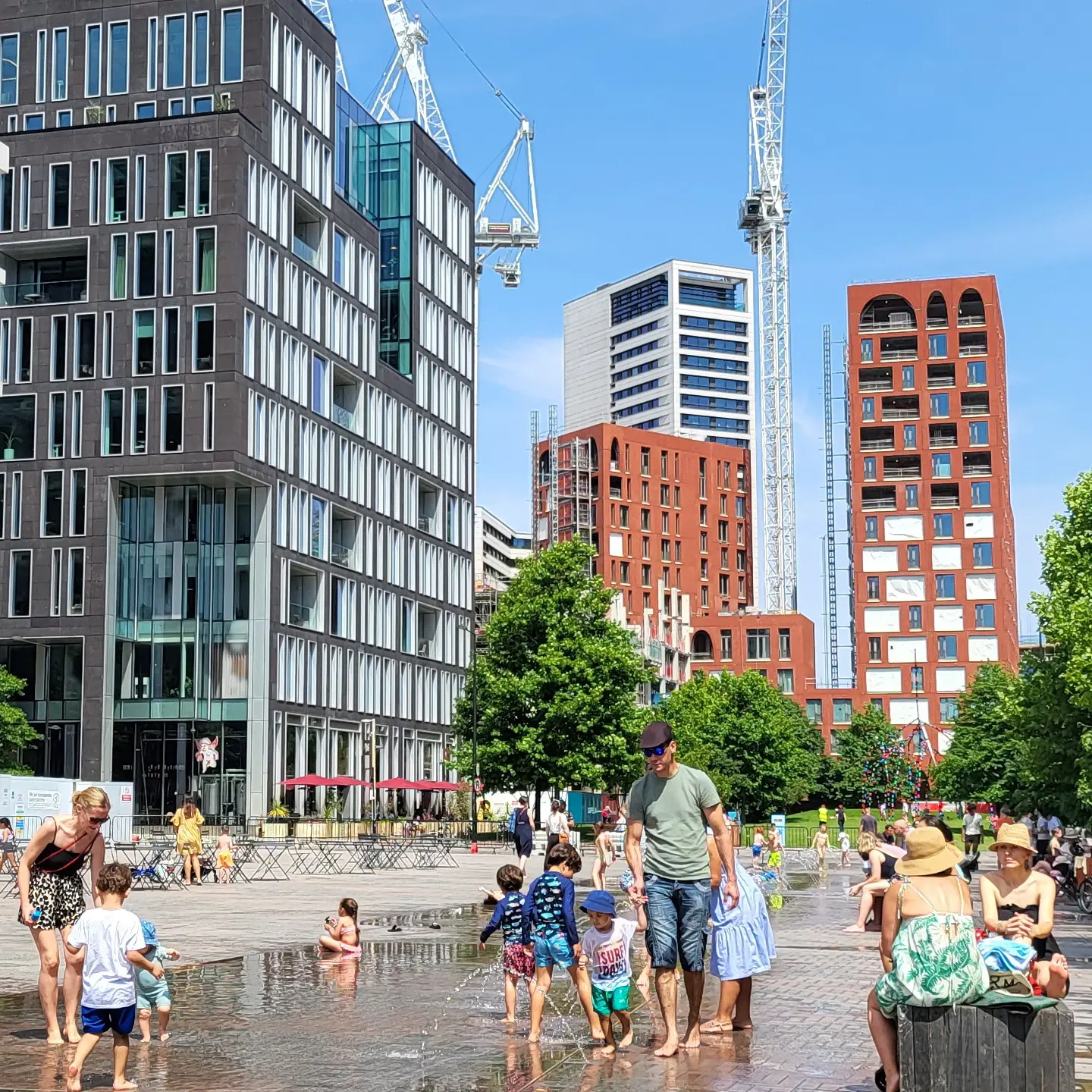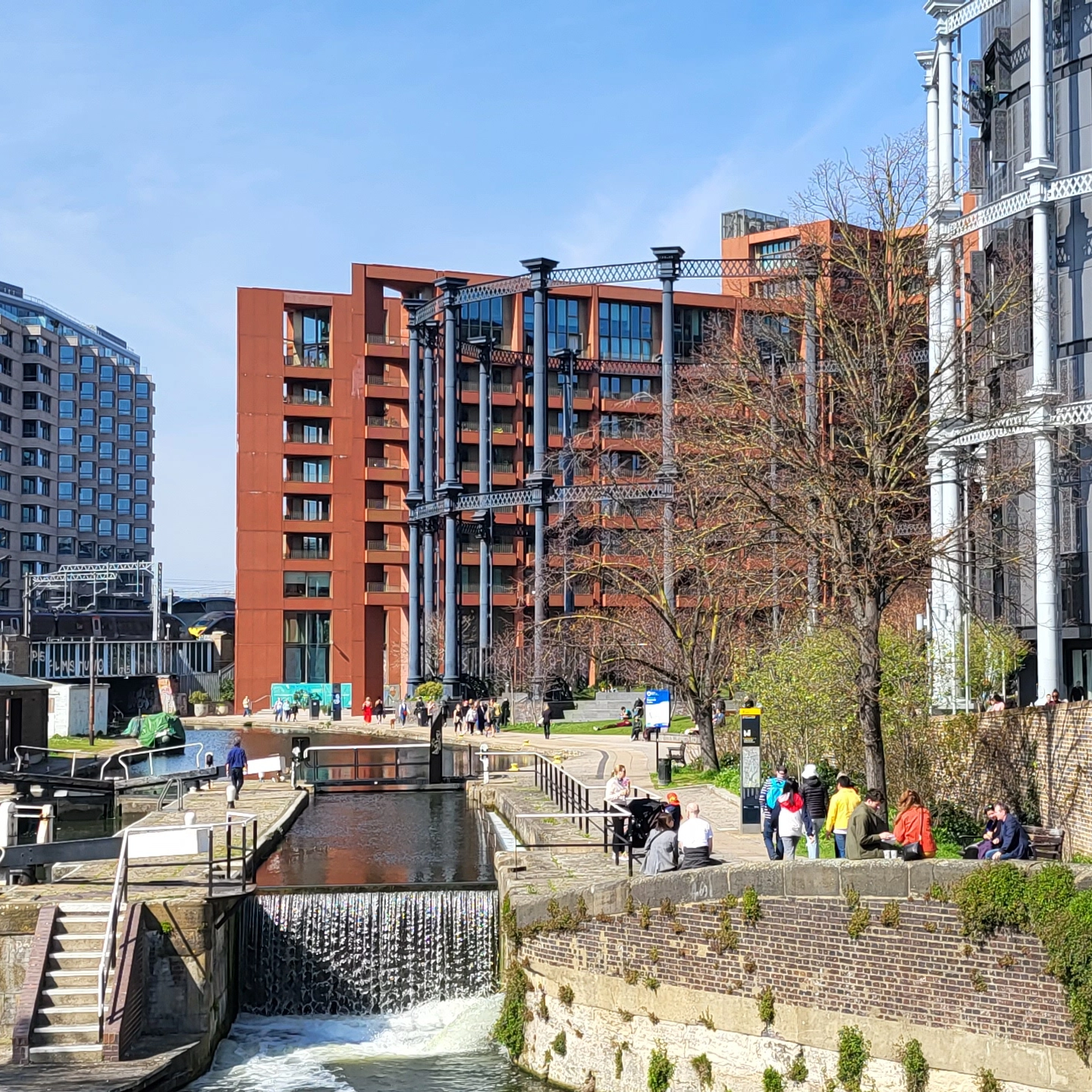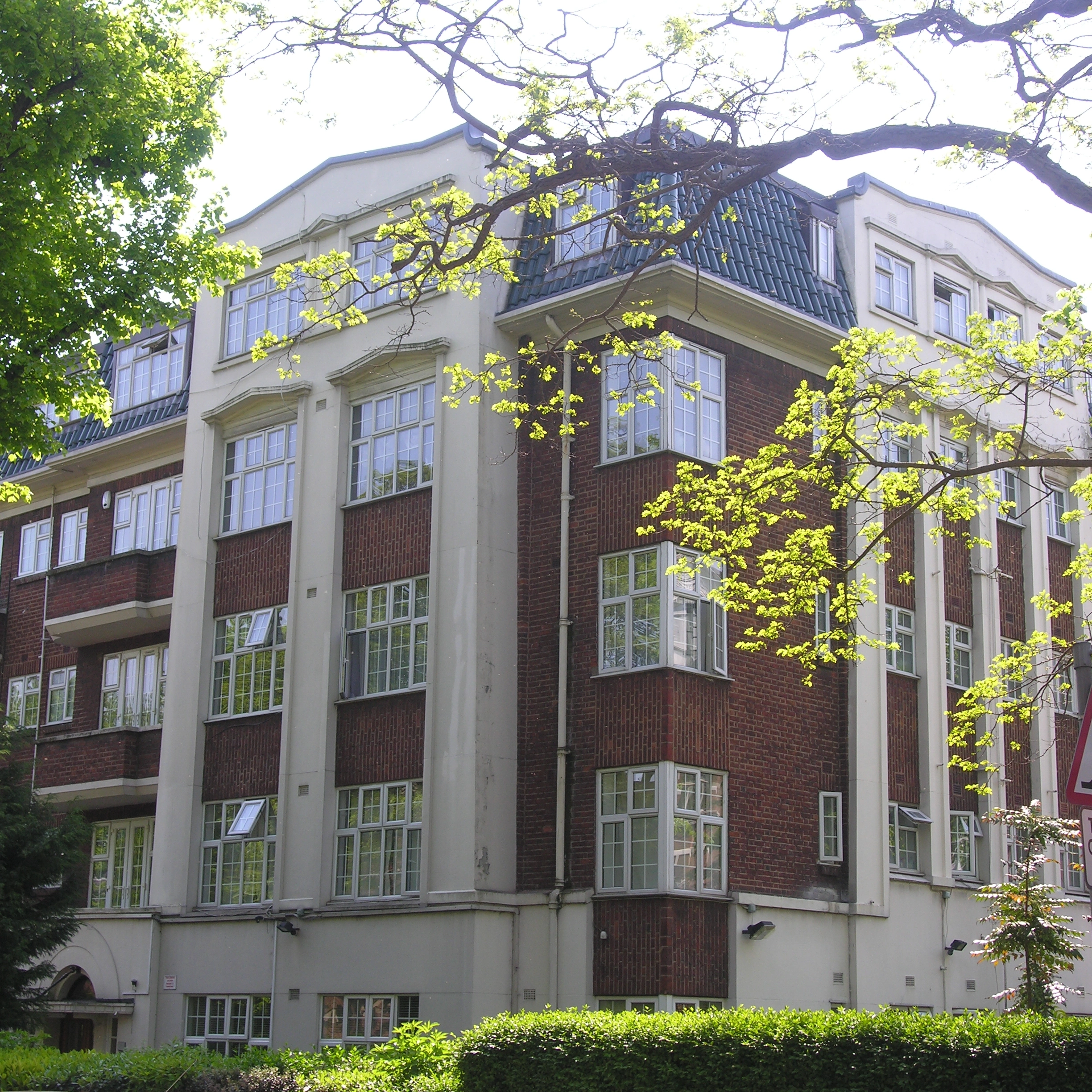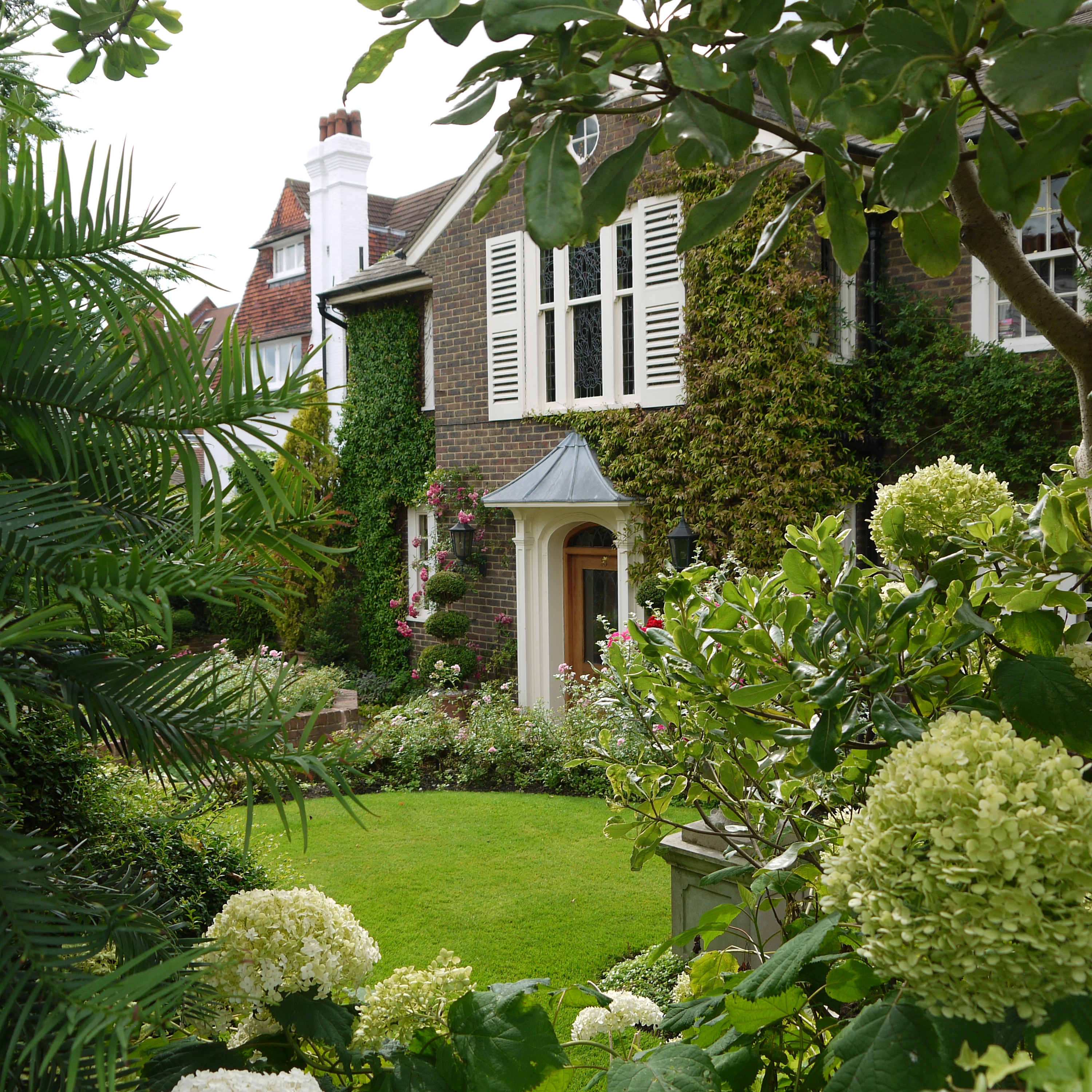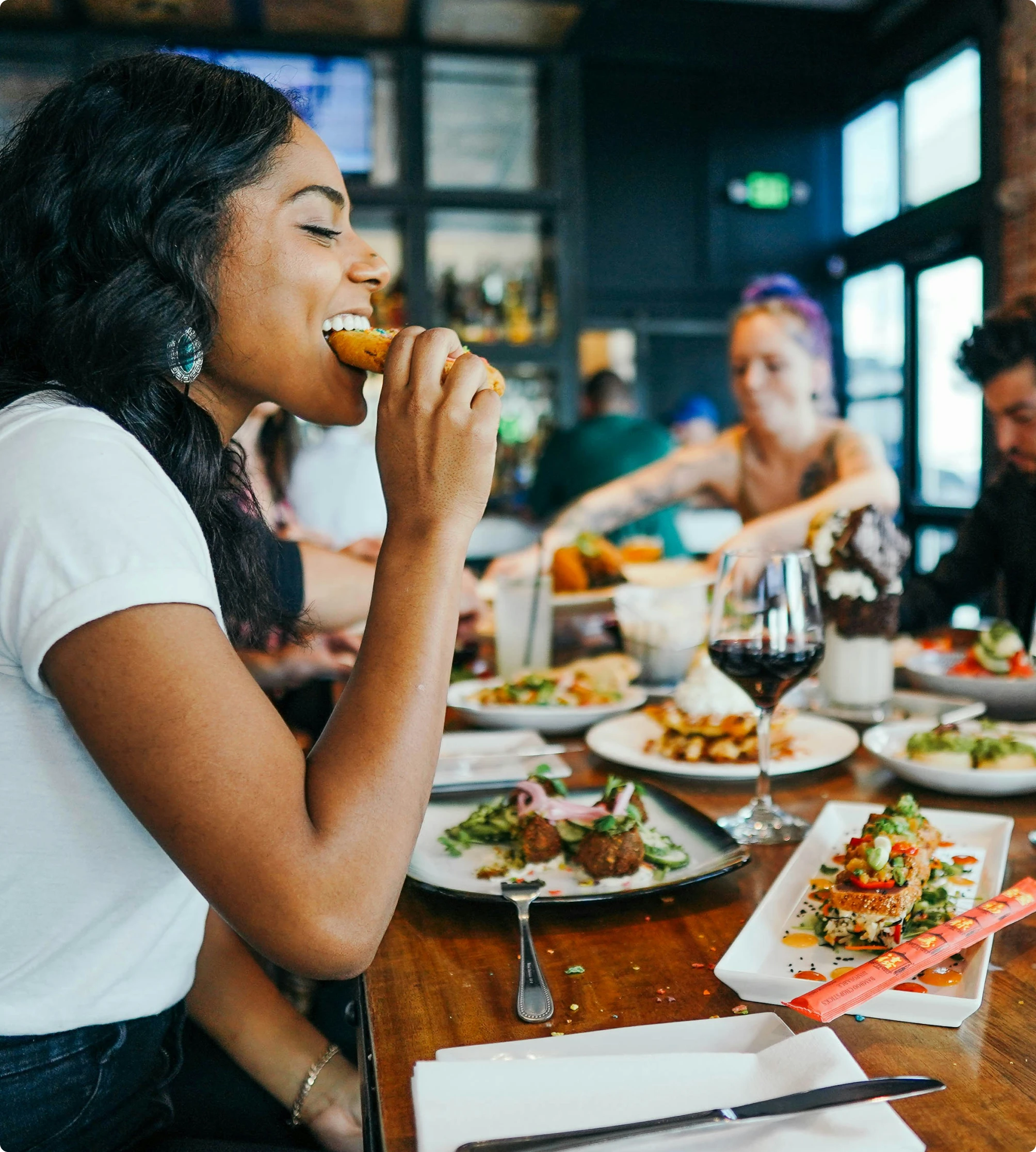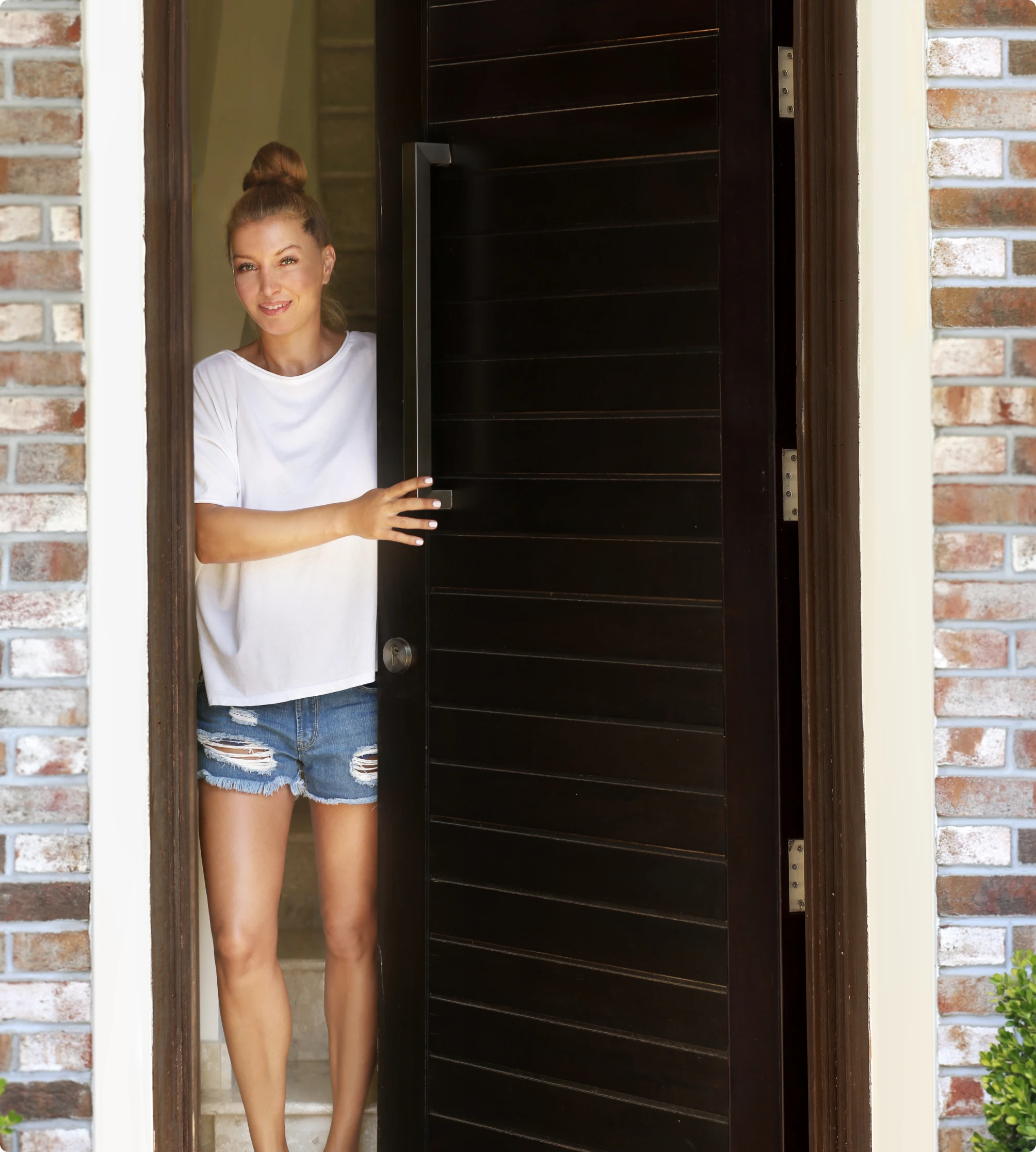



Block and Estate Management is about the minutia done well: the role of a Managing Agent is technical, administrative, practical and political. It takes joined up thinking to do what we do well as well as sufficient resource to react to whatever is necessary day-to-day.
As a Managing Agent we know our true business is building relationships with people. Our people are empowered and know that they can make a difference to how people feel about where they live. We call our 'Property Manager's 'Relationship Managers’ to embody our values which are to build relationships, add value, and to take the initiative. We lead the market in transparency and focusing on risk, cash, repairs and place making, usually in that order, and was the first Managing Agent to introduce a ' money back guarantee ’.
Being who we are would be impossible without our passionately committed people, whose qualifications we sponsor and who we support professionally to be the best they can be, as achieving a national training award and our Silver IIP status confirms.
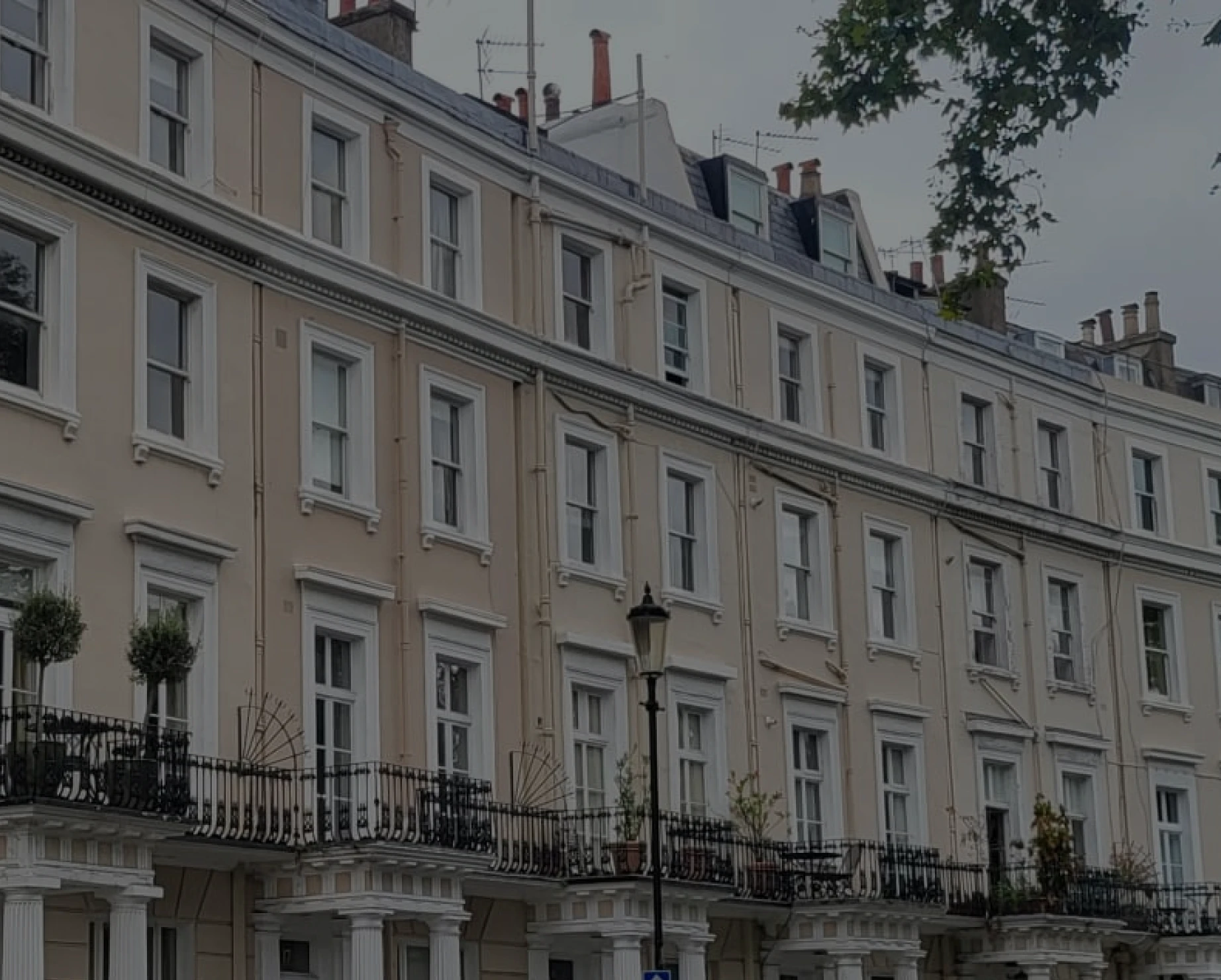

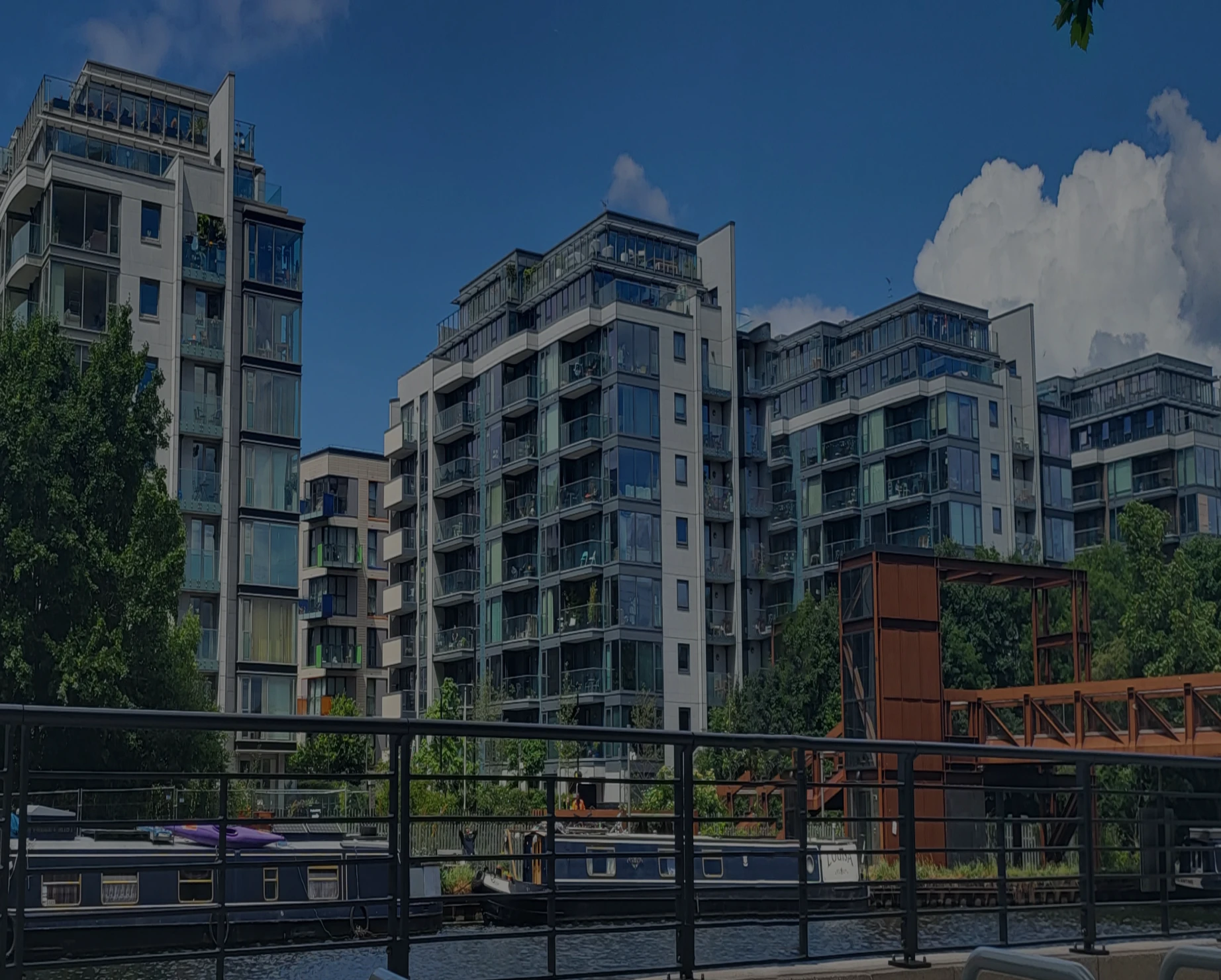

Transition: Our problem not yours
Our onboarding team will visit site to catalogue what we need to manage, set up budget templates, benchmark and database key lease clauses, and for complex sites our Facilities Management team will also inspect to understand in detail plant and equipment on site. Ringley Law will set up company and ownership registers all ahead of your nominated Relationship Manager taking over.
Block Management Packages
An online service, like internet banking: we run demands, arrears, service charge accounts & legal admin, you set the budget and upload invoices to pay
How to change Managing Agent
Changing Managing Agent needn’t be daunting, we have a team dedicated to gathering information, benchmarking leases and setting up plant registers
Learn moreRingley’s Top 10 Tips
There’s a lot you need to know to run the service charge properly: politics, law, building pathology, financial accounting, company matters, here’s a few tips
Learn moreCan’t afford a Managing Agent?
We understand the minimum fees of a full block management service may be prohibitive to small blocks – that’s why we created
www.servicechargesorted.co.uk
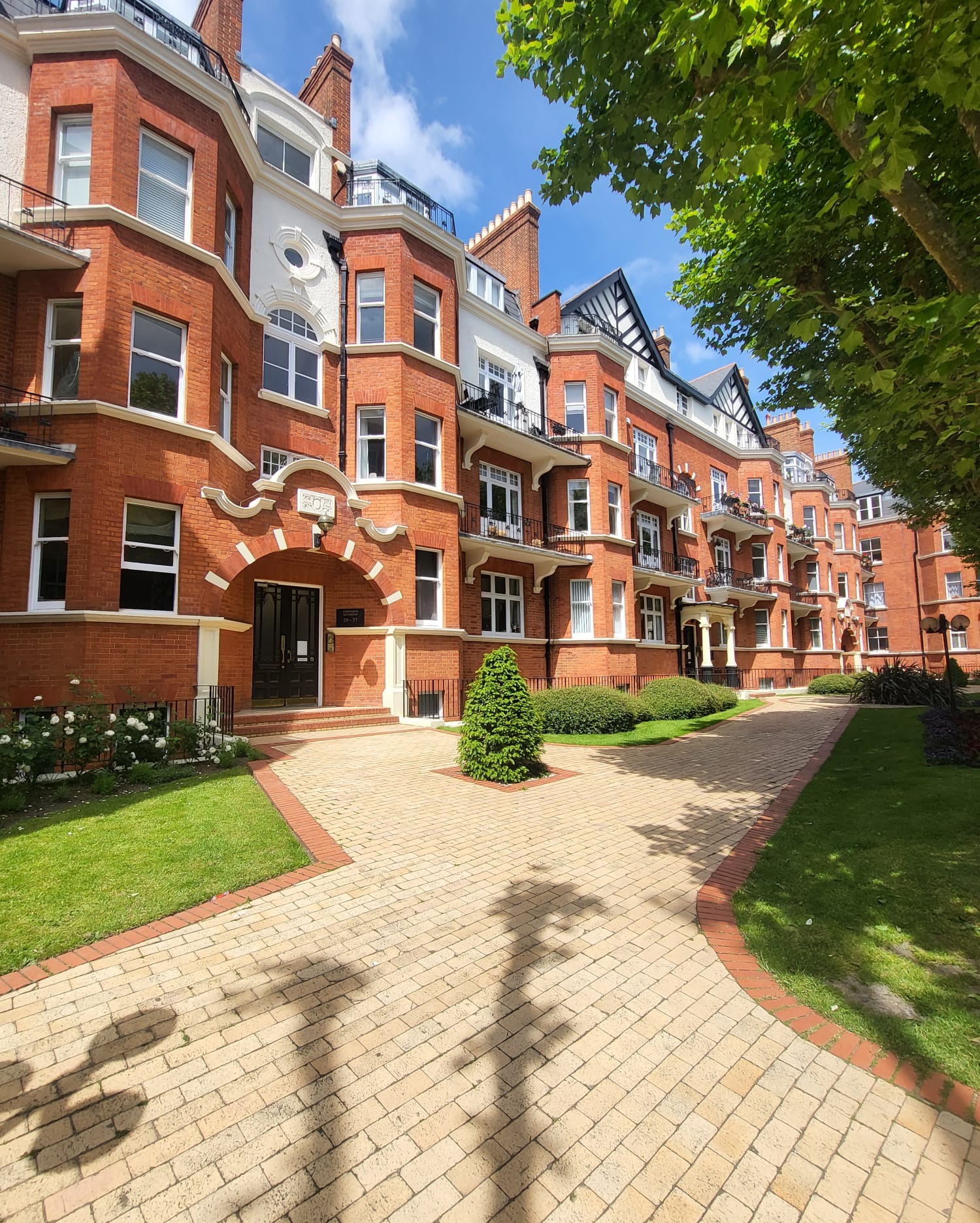
The Ringley Group is regulated by all three major bodies - Royal Institution of Chartered Surveyors (RICS), the Solicitors Regulation Authority, and the Financial Conduct Authority.






We have professional memberships in The Property Institute, The Association of Rental Living, The Institute of Fire Safety Managers, Chartered Association of Building Engineers.








We empower teams out on site
Site staff are the eyes and ears of the developments we manage, they are fully connected to our customer relationship management systems. The work they do is visible to residents, e.g., day books and end of shift inspections on the Ringley Gateway portal.
We see success as the emotional connection of each resident to where they live, so the task is simple... to empower site teams to make a difference on resident at a time.
We hire and place a range of site staff including: Concierge, Caretakers, Housekeeping, Cleaners, Gardeners, Maintenance Engineers and more…
read more about site staff solutions
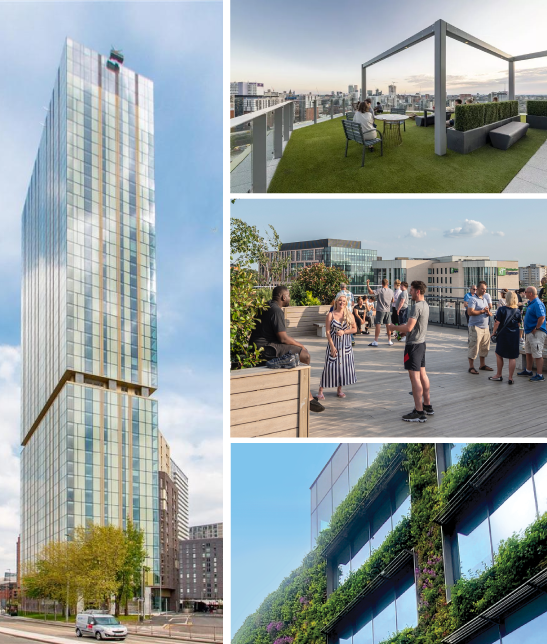
Block Management Reviews

"The lettings advisor is amazing, so helpful!! Always just a call away, the overall experience is the best I have ever had."
| Customer 2 89 days ago |

"I had a very good experience with the wonderful lettings advisor. She helped at every step of our deal. I’m very glad that I chose this apartment and that Aayushi assisted me."
| T Kotiv 84 days ago |

"We have had a problem with noise from the flat above us in Lady Isle House Ferry Court Cardiff. We contacted a Mr Paul Staniforth who immediately became involved and addressed the situation. We really do appreciate what he has done for us and cannot thank him enough. Once again a big thank you to Mr Staniforth. The noise above was intolerable."
| Shane, 2 days ago |
|
|
We work alongside those deploying capital: our VirginLand by Ringley identify sites, our capital markets team work on equity and debt, our Asset Managers act as Employer’s Agent during the build for Project Monitoring. Towards Practical Completion we will be preparing always to mobilse new assets, take plant handover, recruit great teams and lease up fast.
|
|
We work to enhance the value of our Client’s asset and demonstrate good governance. To us this means engaging with leaseholders, residents and other stakeholders to ensure they are engaged with the management of each development.
|
|
Our aim is to make Management Company Directors feel empowered: to us this means 100% transparency and advising them of the options available to support decision making. We know volunteer directors have a day job, so work to delivery what they need in a timely manner and guide them on the decisions we need.
|
|
Within The Ringley Group we have a range of professional practices to enable transactions: Land Find, Valuers, Surveyors, Engineers and of course Ringley Law.
We work closely with official receivers, asset owners, lenders and tax consultants to support property owners throughout each assets lifecycle. |
Ringley is a group of companies. We are a diverse bunch with far reaching expertise in law, engineering, fire surveying and facilities management. Our data-led in-sourced model will save you money and we will listen, understand your goals and get things done. We are innovative and solutions oriented.
- 100% transparency
- to find solutions
- focused committed people
As a group of companies we are a diverse bunch with enough experts on board to be a one-stop-property-shop. We listen and align to each Client's goals so each of us knows what needs to be done all the while remaining innovative and solutions oriented - as a team - One Ringley.
- 100% transparency
- to network and find solutions
- focused committed people
Our Block Management Team
The key to our success is our people.
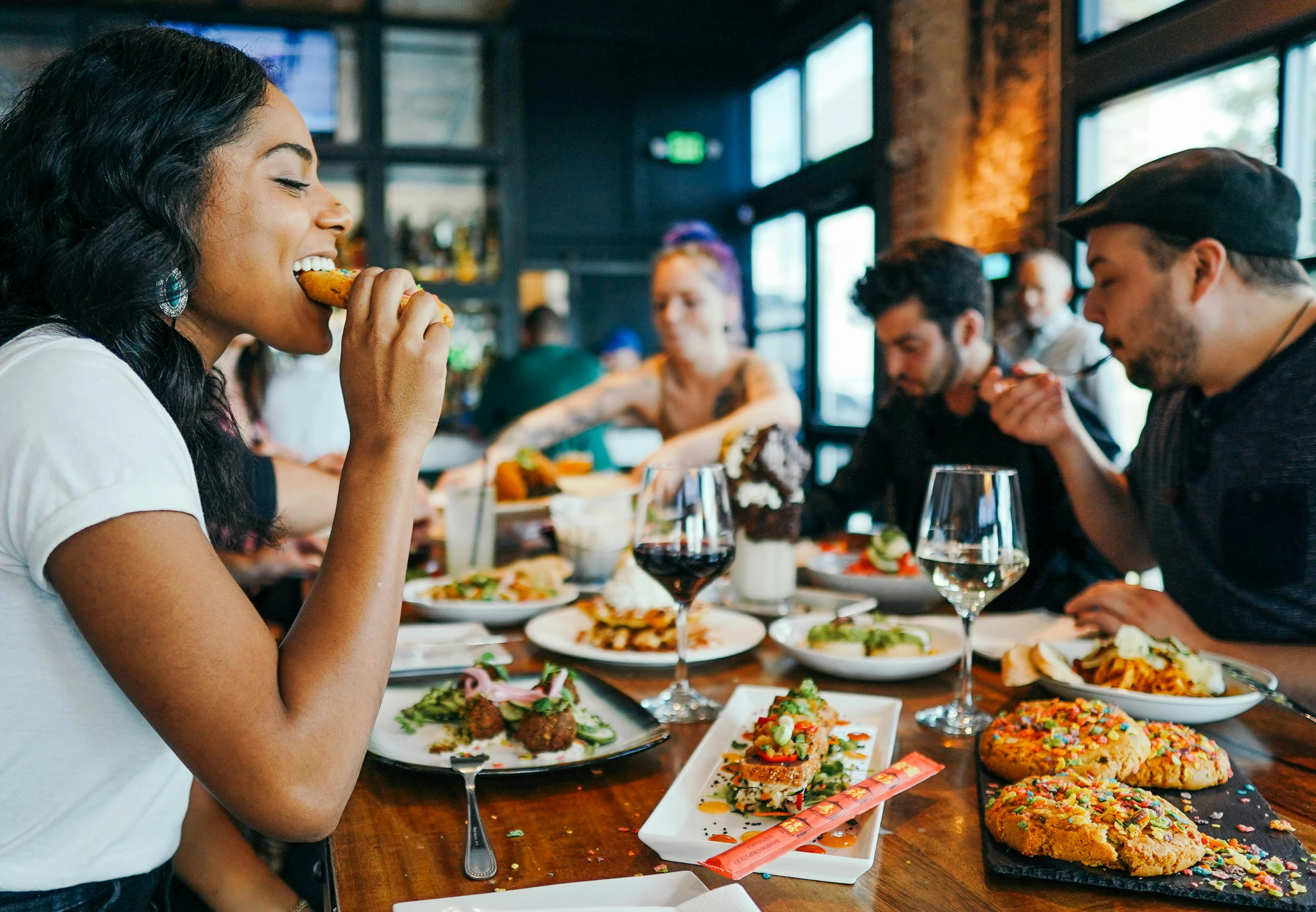
Best places to eat out in Chalk Farm

History of Chalk Farm

Most prestigious roads in Chalk Farm

Things to do in Chalk Farm

Chalk Farm - Cultural Scene
Chalk Farm, located just north of Camden Town, has a history rooted in agriculture and rural life. Originally, it was a farmhouse set within fields, which is reflected in its name. The area remained largely rural until the early 19th century, when rapid urban development began to change its character. By the 1840s, residential housing and commercial shops started to spring up along Regent’s Park Road, transforming Chalk Farm from a countryside retreat into a growing urban area. Despite this, some remnants of its rural past lingered in the names of streets and local landmarks.
In the late 19th and early 20th centuries, Chalk Farm continued to evolve with the growth of London's rail network, which further integrated it into the wider city. It became known for its proximity to Camden Town, and its popularity grew, particularly in the 20th century as it became more accessible to the public. Over the years, Chalk Farm saw the emergence of diverse cultural influences, becoming part of the vibrant atmosphere surrounding Camden. Today, the former farmhouse, which has long since been converted into a restaurant, serves as a reminder of the area’s agricultural roots amidst the bustling, urban environment that surrounds it.
Visit our main Pages
Ringley Group
Block management
Asset Management
Leasehold Guidance
Ringley Law
Chalk Farm offers a unique blend of artistic flair and residential appeal. Chalk Farm's vibrant high street, Chalk Farm Road, is lined with eclectic shops, cafes, and the iconic Roundhouse. Chalk Farm's proximity to Primrose Hill and excellent transport links make Chalk Farm a desirable location for urban living.
Here are some of the most prestigious roads and areas in Chalk Farm:
Chalk Farm Road – Bustling high street known for its eclectic mix of shops, cafes, and the renowned Roundhouse venue.
Regent's Park Road – Elegant street featuring Victorian and Georgian architecture, designer boutiques, and quality restaurants.
Haverstock Hill – Connects Chalk Farm to Belsize Park, offering a mix of residential properties with scenic views over London.
Primrose Hill Road – Adjacent to Primrose Hill, offering charming houses and proximity to green spaces and cafes.
Glenloch Road – Quiet residential road with Victorian terraced housing, providing a tranquil living environment.
Chalk Farm's prestigious roads offer a combination of artistic vibrancy, historic charm, and excellent connectivity. Chalk Farm continues to attract residents seeking a dynamic urban lifestyle with access to cultural amenities and green spaces. Chalk Farm's unique character ensures it remains a sought-after area in Camden.
Visit our main Pages
Ringley Group
Block management
Asset Management
Leasehold Guidance
Ringley Law
Chalk Farm is home to a dynamic dining scene that offers a wide range of culinary delights, from bold international flavors to comforting British classics. Whether you're in the mood for a sophisticated Pan-Asian meal or a cozy French bistro experience, this neighborhood has something to suit every taste. Chalk Farm’s eclectic eateries combine rich flavors with unique atmospheres, making it a must-visit destination for food lovers.
Here are some of the best places to eat in Chalk Farm:
Trap Kitchen Camden – A vibrant spot offering soul food-inspired dishes, including juicy lobster tails and BBQ chicken wings, perfect for a hearty meal.
The Dark Horse Terrace – Located in Camden Market, this rooftop terrace serves seasonal British cuisine in a relaxed setting, ideal for pre-theatre dining.
Philippe Conticini – A renowned French patisserie in Camden Market, known for its exquisite pastries like XXL croissants and Paris-Brest, offering a taste of Paris in London.
Rudy's Vegan Diner – A plant-based diner serving American comfort food classics such as burgers, seitan hot dogs, and milk-free shakes, all vegan-friendly.
The Farrier – A gastroboozer in Camden Market, offering high-quality British comfort food classics in a charming, rustic setting with a hidden courtyard.
Greenberry Café – A popular café in Primrose Hill, known for its hearty breakfasts, salads, and ice cream, providing a vibrant atmosphere for locals and visitors alike.
Michael Nadra Primrose Hill – A modern European brasserie offering meticulously crafted dishes in a stylish setting, perfect for a special dining experience.
Sushi Masa Belsize Park – An upscale Japanese restaurant specializing in Omakase sushi, providing an authentic dining experience with a selection of fine sakes.
Mildreds Camden – A vegetarian restaurant offering a variety of plant-based dishes, known for its vibrant atmosphere and creative menu.
Rossopomodoro – A Neapolitan pizzeria in Camden Town, serving traditional wood-fired pizzas with chewy, charred crusts, offering an authentic taste of Naples.
The Pembroke Castle – A British restaurant in Primrose Hill, offering classic dishes in a family-friendly and casual setting, ideal for group dining.
Myths & Flames – A Greek restaurant in Camden, serving Mediterranean-inspired dishes in a cozy and casual atmosphere, perfect for lunch or dinner.
Saikou Japanese Bar & Restaurant – A Japanese restaurant in Camden Town, offering a variety of dishes in a cozy setting, suitable for groups and open on Sundays.
Laz @ Camden – A Turkish restaurant in Camden, offering a range of dishes in a family-friendly environment, great for groups and kids.
Goodfare Camden – An Italian restaurant in Camden, known for its cozy atmosphere and variety of dishes, suitable for breakfast, lunch, and dinner.
Chalk Farm offers a diverse culinary scene, from upscale dining to casual eateries, ensuring a delightful experience for every palate.
Visit our main Pages
Ringley Group
Block management
Asset Management
Leasehold Guidance
Ringley Law
The Roundhouse in Chalk Farm is a renowned performing arts venue housed in a historic railway engine shed, hosting concerts, theatre productions, and festivals.
Primrose Hill in Chalk Farm offers panoramic views of the London skyline, making it a popular spot for picnics and leisurely walks.
Regent’s Canal in Chalk Farm provides a scenic route for walking and cycling, with picturesque views and access to nearby attractions like Camden Market.
Adelaide Nature Reserve in Chalk Farm is a tranquil green space ideal for nature walks and wildlife spotting.
Chalk Farm Road in Chalk Farm is lined with independent boutiques, vintage shops, and pop-up art galleries, reflecting the area's creative spirit.
Camden Market near Chalk Farm is a vibrant market offering a diverse range of food stalls, vintage clothing, and handmade crafts.
ZSL London Zoo near Chalk Farm is one of the world's oldest zoos, home to a wide variety of animal species and educational exhibits.
Stables Market near Chalk Farm features a mix of antiques, art, and alternative fashion, set within the historic Pickfords depot.
Chalk Farm Tube Station in Chalk Farm is a Grade II listed building known for its unique architecture and historical significance.
Haverstock Hill in Chalk Farm offers a variety of local shops, cafés, and pubs, providing a quintessential London neighbourhood experience.
The Engineer in Chalk Farm is a gastropub known for its seasonal dishes and friendly atmosphere.
The Lock Tavern in Chalk Farm is a popular pub featuring live music, a beer garden, and a vibrant social scene.
Joe’s Bar in Chalk Farm offers a cosy setting with vintage tunes and a warm, intimate atmosphere.
Greenberry Café in Chalk Farm is a popular spot for brunch and great coffee, located in nearby Primrose Hill.
The Roundhouse Café in Chalk Farm provides a relaxed setting for refreshments before or after attending events at the venue.
Chalk Farm seamlessly blends artistic heritage, green spaces, and local culture, offering a diverse range of activities for all interests.
Visit our main Pages
Ringley Group
Block management
Asset Management
Leasehold Guidance
Ringley Law
Chalk Farm’s markets and shops reflect the area’s diverse community. Chalk Farm offers a wide range of eateries and boutiques that showcase Chalk Farm’s cultural variety. Street art and independent businesses add to Chalk Farm’s creative and multicultural atmosphere.
Chalk Farm’s music venues and theatres are central to Chalk Farm’s cultural life. Live performances and events regularly take place in Chalk Farm, attracting people interested in art and culture. Community centres in Chalk Farm host workshops and exhibitions that highlight Chalk Farm’s artistic talent.
Chalk Farm’s parks and public spaces provide venues for festivals and gatherings. Chalk Farm continues to support cultural activities through local businesses and organisations. The mix of cultures in Chalk Farm helps maintain its reputation as a lively and creative cultural area.
Visit our main Pages
Ringley Group
Block management
Asset Management
Leasehold Guidance
Ringley Law





